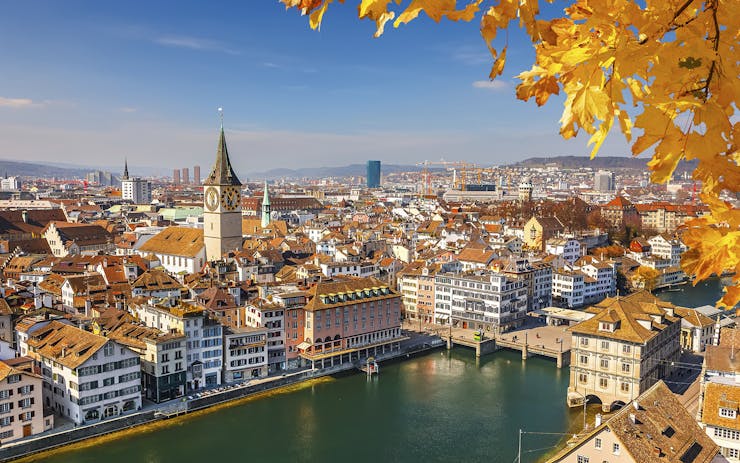An organic gardening company in Switzerland has managed to make high-CBD cannabis flower available to consumers by capping the THC content and registering the product with regulators as a tobacco substitute. The Fedora strain, cultivated by northern Swiss grower Bio Can, is advertised at 7.2 percent CBD and just 0.04 percent THC, which reportedly allows the buds to adhere to both the Swiss Narcotics Act as well as existing food laws.
The CBD flowers have already been registered with the Swiss Federal Health Office as a tobacco substitute, similar to how herbs such as passionflower or sage are classified. No further permission for distribution is required, Bio Can claims, because of the product’s extremely low THC content. The flower is currently being sold in Switzerland at 25 francs (US$23) for 10 grams.
“The product contains all the active ingredients of cannabis, including the calming effect of the cannabinoid CBD, without being intoxicating,” Dario Tobler, Bio Can’s managing director, told Swiss media.
The matter has already caught the eye of the Zurich City Police, in large part because the CBD-rich flowers smell a lot like any other potent cannabis. Under Swiss law, public consumption of cannabis or possession of up to 10 grams carries a fine of 100 francs. It’s doubtful most law enforcement could easily distinguish a high-CBD joint from a THC-heavy one.
If or when there will be additional regulation around the apparently legal cannabis or its consumption has yet to be decided. For now, according to a Zurich police spokesperson, authorities will proceed to fine consumers the usual 100 francs. Affected consumers do have a way to challenge the fine, however, by objecting to the citation. In those cases, the cannabis will not only be confiscated, but also analyzed. If the THC content is below 1 percent, the product will be returned to the owner. If the THC exceeds the 1 percent limit, the offender has to pay for the analysis on top of the fine.
Since Switzerland is not an EU member, the producers have announced that they will limit sales to Switzerland. The Swiss 1 percent THC limit is more generous than in the rest of the EU, where a THC limit of 0.3 percent applies.
CBD products were particularly popular this year at Zurich’s Cannatrade, the oldest cannabis trade fair on the continent. Several companies are cultivating CBD plants in greenhouses according to medical standards in order to produce blossoms, concentrates, and other CBD products. Many would be banned in the rest of Europe due to their THC content of almost 1 percent, but the producers have a workaround: They offer all oils, extracts, and tinctures in lower-THC varieties to comply with European and overseas requirements.





